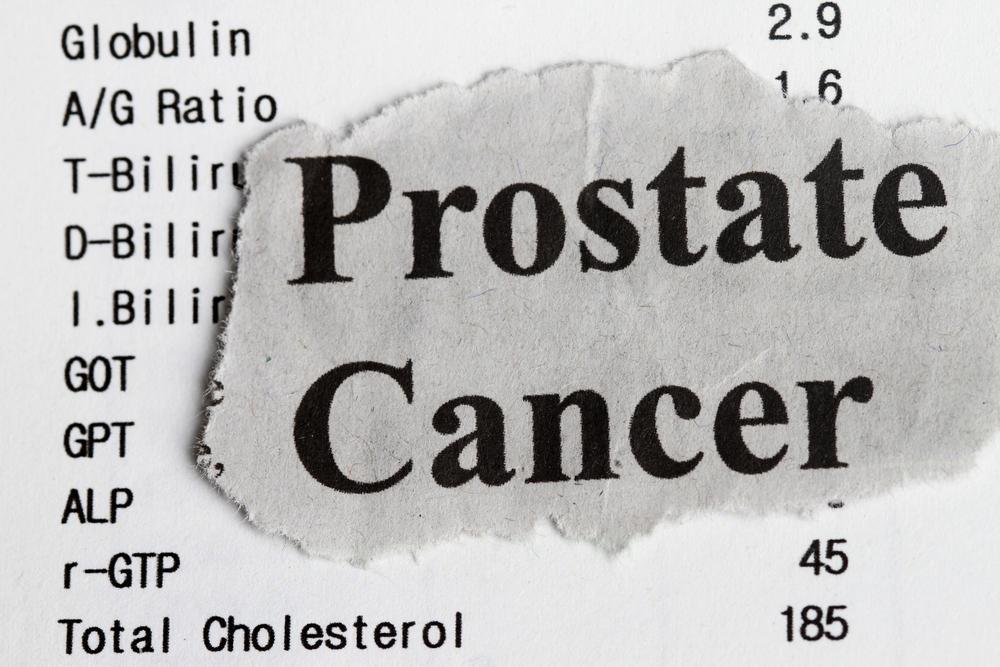
Common Risk Factors for Prostate Cancer
As with many other health conditions, health experts link prostate cancer with several risk factors, or circumstances that make individuals significantly more prone to developing a disease. Obviously, different types of cancer carry distinctive risk factors—some which are in the patient’s control (i.e., smoking) and some which are not (i.e., age or family history). While individuals with certain risk factors can be considered at “higher risk” of developing certain diseases; having a known risk factor doesn’t necessarily mean you’ll develop any specific health condition.
That being said, health expert pinpoint the following risk factors for men and prostate cancer:
1. Smoking
A 2003 study from Stanford University found that smoking not only increases the overall risk of developing prostate cancer, depending on how much you smoke can risk the severity of cancer as well as the risk of prostate cancer fatality. Stanford scientists claim that “cigarette smoking can increase prostate cancer risk by impacting circulating hormone levels via exposure to carcinogens.” They also note that smoking history (duration of years as a smoker), as well as quantify of cigarettes smoked/per day were linked to more aggressive prostate cancer in male subjects. While former smokers didn’t display increased risk of developing prostate cancer when compared to non smoking test subjects.
2. Vasectomy
A group of Harvard scientists at the school of Public Health have identified a small increased in risk of prostate cancer for males who’ve undergone a vasectomy. Although the increase is small, the increase is 1.52% in men with vasectomy group vs. 1.47% in males with no history of a vasectomy. Additional research is still being done to determine a clear link between vasectomies and prostate cancer.
3. Diet
The American Cancer Society suggests prostate cancer risk may increase according to diets rich in red meat and calcium rich, high-fat dairy products are at higher risk of developing prostate cancer. This can be compared to male subjects who consume diets rich in fruits and vegetables, who carry a decreased prostate cancer risk.
4. Genetics
Certain genes have also been linked to an increased risk of prostate cancer. Notably, the BRCA1/2 genes, which are also linked to a higher ovarian and breast cancer risk in women patients, as well as the HNPCC gene, which causes Lynch Syndrome, an autosomal dominant genetic condition that is linked to increased risk of prostate cancer, colon cancer, as well as brain, skin, ovarian, small intestinal, and stomach cancer.
5. Family history
The American Cancer Society lists family history among it’s red flags for prostate cancer. For instance, if multiple family members have had a history of prostate cancer; the patient may be considered “high risk” for developing prostate cancer. While males with a brother with prostate cancer are considered twice as likely to develop prostate cancer compared to men (13% risk) with no prostate cancer history.
6. Ethnicity
Unfortunately, certain races carry a higher risk of developing prostate cancer compared to others. For instance, Caribbean and African American males are considered the highest ethnic risk for developing prostate cancer compared to other ethnicities who develop prostate cancer less often.
7. Age
Age is unfortunately another determining factor for prostate cancer development. Studies show that prostate cancer risk increases with age, specifically after age 50, compared to men under age 40. Consider that approximately 6 in 10 male patients over the age of 65 years old develop prostate cancer.




